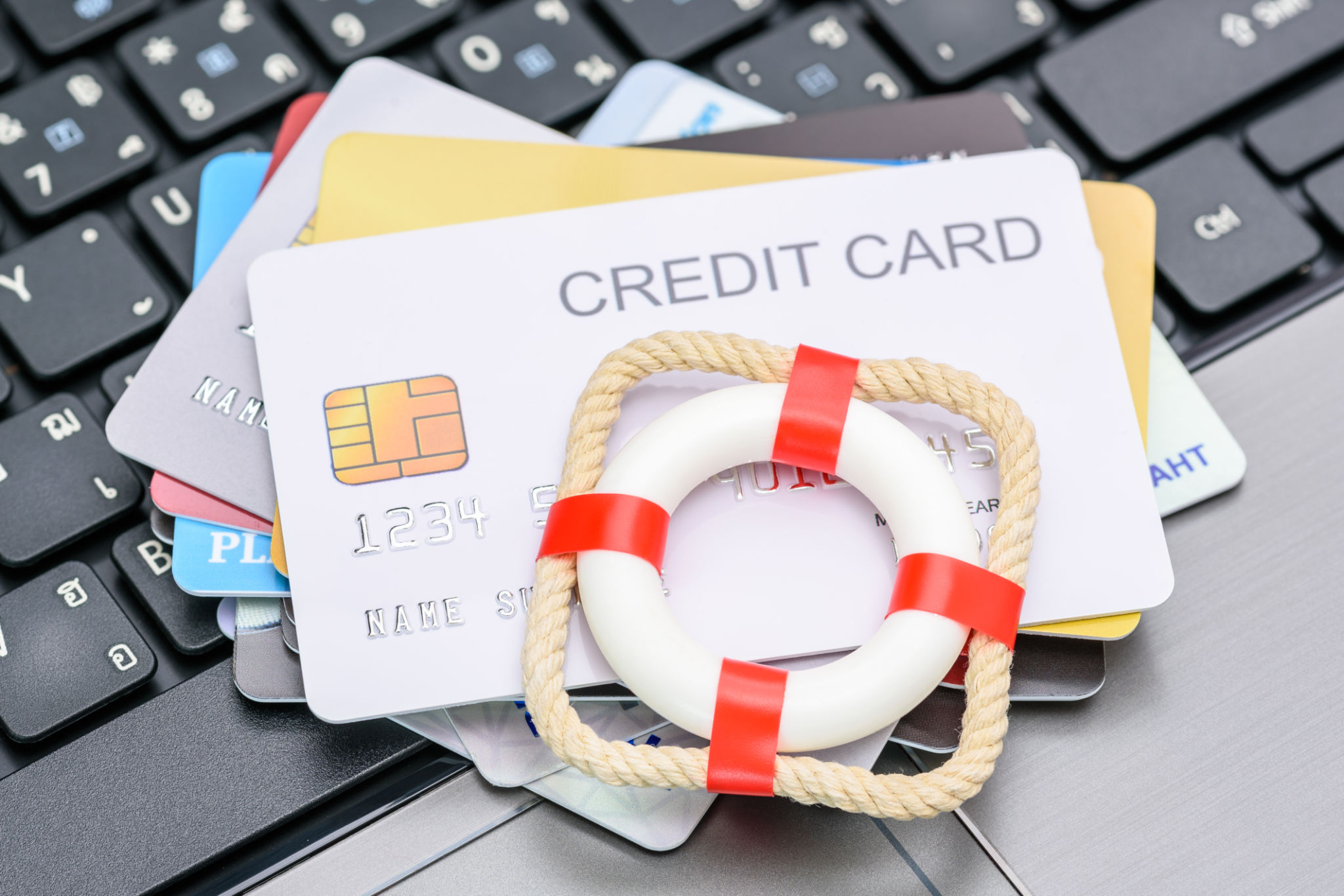Legal Protection in Debt Resolution: What You Need to Know
Understanding the Basics of Debt Resolution
Debt resolution can be a challenging process, but understanding the legal protections available to you can make it easier. Whether you're dealing with credit card debt, personal loans, or other financial obligations, knowing your rights is crucial in navigating these waters effectively. In this post, we'll explore the essential legal protections that can assist you during debt resolution.

Legal Rights Under the Fair Debt Collection Practices Act (FDCPA)
The Fair Debt Collection Practices Act (FDCPA) is a federal law that offers consumers protection against abusive, unfair, or deceptive debt collection practices. This act limits how and when debt collectors can contact you. For example, they cannot call you before 8 a.m. or after 9 p.m., and they must stop calling you at work if you request it. Knowing these rights can help you manage communications with collectors more effectively.
Bankruptcy as a Legal Protection
For some individuals facing overwhelming debt, bankruptcy may be a viable option. Bankruptcy provides a legal way to either eliminate most of your debts or create a repayment plan. There are different types of bankruptcy, such as Chapter 7 and Chapter 13, each with its own set of rules and benefits. It's essential to consult with a qualified attorney to understand which option is best for your situation.

State-Specific Consumer Protection Laws
In addition to federal protections, many states have their own consumer protection laws that offer additional safeguards during the debt resolution process. These laws can vary significantly from one state to another, affecting everything from interest rates to how debts can be collected. Researching your state's specific laws can provide further protection and help you make informed decisions.
Negotiating With Creditors
One often overlooked aspect of debt resolution is negotiating directly with creditors. Many creditors are willing to work with you to create a feasible repayment plan or even reduce the total amount owed. It's essential to document all communications and reach agreements in writing to ensure clarity and enforceability.

The Role of Debt Resolution Companies
Debt resolution companies can be instrumental in managing your debts, but it's crucial to choose a reputable one. These companies can negotiate on your behalf to lower interest rates or settle debts for less than what is owed. However, beware of scams by ensuring any company you work with is accredited and has a good reputation.
Seeking Professional Legal Advice
While many aspects of debt resolution can be handled independently, there are times when professional legal advice is necessary. An experienced attorney can provide guidance on complex issues, represent you in court if needed, and ensure that your rights are protected throughout the process. Hiring a lawyer might seem costly, but it can save you money and stress in the long run.
In conclusion, understanding your legal protections during debt resolution is vital for successfully managing your financial situation. By leveraging laws like the FDCPA, considering bankruptcy when appropriate, and seeking professional advice when necessary, you can navigate the path to financial stability with confidence.